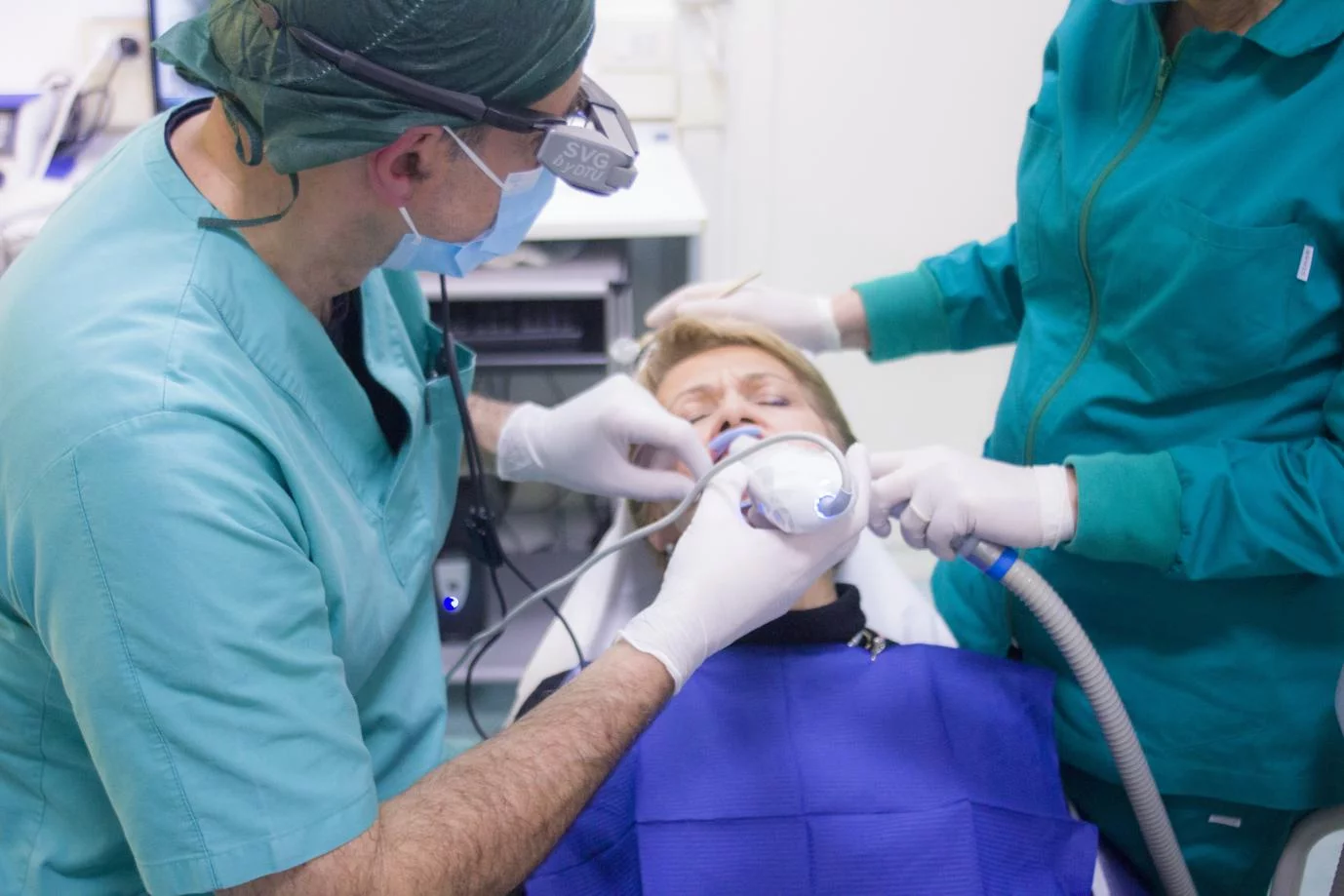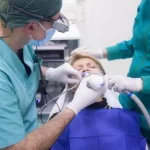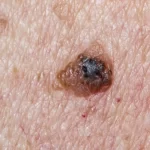Impacted wisdom tooth is the last remaining adult tooth to enter the mouth (onward). It is also the hardest tooth to clean, as it is difficult to reach with a toothbrush and is often wedged in the gum canal. Most individuals only have two wisdom teeth in the back of their mouth two on each side, 2 on top and 2 on bottom. Impaired wisdom tooth can cause dental problems, pain, infection and damage to neighboring teeth. In addition, impacted or blocked wisdom tooth causes jaw inflammation and can also make speech difficult.
The location of the impacted tooth is very important when diagnosing a case of impacted or eruptive. In cases where the tooth is impacted or erupted there are several different procedures an orthodontist can perform depending on their findings. In most cases, extraction of the impacted tooth is performed by the orthodontist followed by scaling and root planing in order to remove the impacted portion of the tooth and expose healthy tooth roots. If the tooth is not impacted or erupted, then scaling and root planing will not be necessary.
If the tooth is impacted or erupted, then you will need to perform scaling and root planing in order to remove the impacted teeth and allow for the dentist to access the roots for removal. If the tooth is not that impacted, then your orthodontist may choose to perform one of the following treatments for removing impaction – scaling and root planing, or a dental crown. In many cases where the tooth is not impacted and not erupted, but still has enough room for a new tooth to grow in, then a dental crown will work well enough. You do not want to place a crown on an impaction because it can easily decay and get gum disease over time.
In order to check whether or not you have enough room for a new tooth, the dentist may perform an oral examination, X-rays, or a consultation with you. If your teeth look healthy, then you should not need to schedule an additional procedure for removing an impacted tooth. However, if your teeth appear unhealthy, then you may need to schedule a consultation with a dentist. During your consultation, the dentist may perform a series of dental tests to make sure that you do not have any missing, chipped, broken, or missing teeth.
Other dental issues that can lead to mouth impaction are dry mouth, smoking, drinking too much caffeine, diabetes, sinus problems, and arthritis. As you can see, there are many different causes of mouth impaction, but there are also some common denominators to them. Commonly, impacted teeth cause insufficient saliva to wash away food particles, which leads to bacterial growth in your mouth.
It is important to note that although tooth grinding, jaw clenching, and biting can cause tooth impaction, it is rare for all three to cause this condition. Typically, if there is any significant dental damage caused by one of these activities, the damage will generally be fixed by proper dental care. However, if there is a lack of dental care, then these problems may persist. Full impaction is a serious problem and should not be ignored. If you grind your teeth at night or bite your cheeks during the day, you should contact a dental professional right away to see what steps you need to take to stop tooth grinding and associated damage from occurring.







 The Essential Guide to Digestive Enzymes Australia: Boost Your Gut Health
The Essential Guide to Digestive Enzymes Australia: Boost Your Gut Health  Latest Breakthroughs in Acne Treatment
Latest Breakthroughs in Acne Treatment  The Rise of Virtual Fitness Classes
The Rise of Virtual Fitness Classes  Fun and Creative Ways to Stay Active Indoors
Fun and Creative Ways to Stay Active Indoors  Linking Oral Health to Overall Wellbeing
Linking Oral Health to Overall Wellbeing  Can You Exercise While Pregnant?
Can You Exercise While Pregnant?  Is Skin Cancer Curable?
Is Skin Cancer Curable?  How Much Is Dental Bonding?
How Much Is Dental Bonding?  The Rise of Telemedicine and Its Impact on Healthcare
The Rise of Telemedicine and Its Impact on Healthcare 